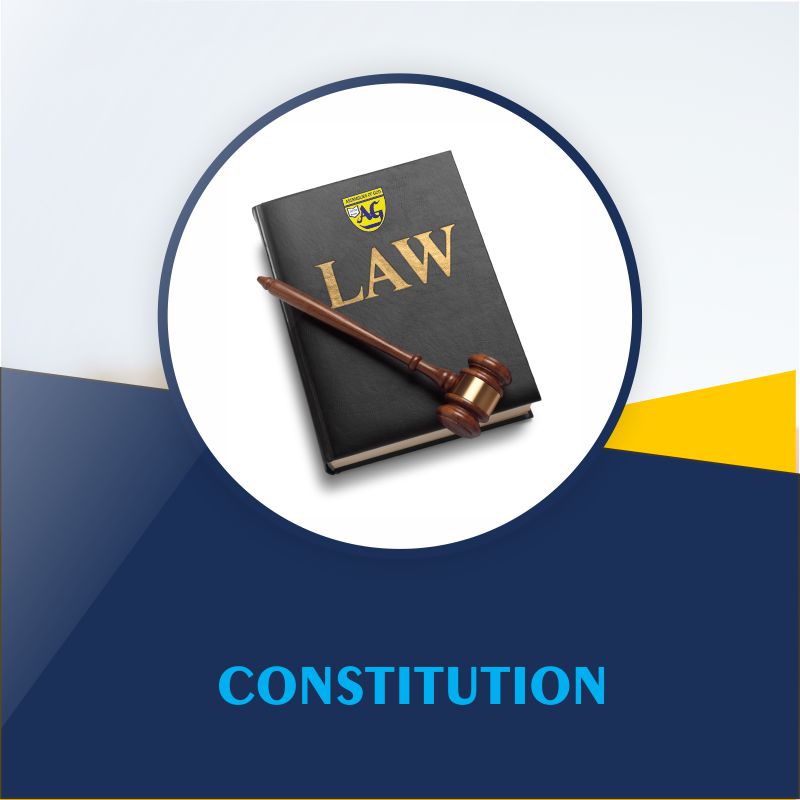Reverend Elijah Juam Namyela Panka, born Namyela Panka on the 20th day of August 1920, was an only child of Mr. Bechieri Panka and Madam Sugum, all of blessed memory.
Born into the royal family of Tantala, he had several uncles, aunts and cousins who all lived together in one big compound. At an early age of about 4, his biological father died and his mother remarried in another village, but was not allowed to take him along. He was then left in the foster care of his uncle, the chief. He had no particular room to call his own as was with other children whose parents were alive and whose nucleus families had assigned rooms within the large palace.

The main occupation of the village folks was farming, and so Namyela as a matter of course, was to become a farmer. He was however talented in giving meaning to/decoding riddles, forming adages/wise sayings, and also very good at storytelling in both his father’s and mother’s tongue. With this skill, he endeared the village folks at their leisure times, and will often have people of all ages gather to listen to his stories, mostly under the moonlight, before they retired to bed.
Little did he know that, that practice of telling stories to both the elderly and young was a training ground for God’s greater plans for him as a preacher to many and not just a village champion in storytelling.
During the reign of Naa Sisarga (Namyela’s uncle & guardian) as chief of the Tantala village, a decree was passed by the colonial government for all chiefs in that part of the country to enroll at least one child in school from the royal family.
The village folks got a hint of the arrival of education officers to register the selected child/children for school, and so women fled with their children to the bushes and farms. Others ran to their fathers for protection, leaving Namyela who had no mother or father to run to, but the very chief who was to make that difficult decision of selecting a child.
In those days, formal education was perceived as a foreign culture by which the colonial masters sought to strip them of their cultural values. Also, sending a child off to school could be a form of punishment to the child for being a weakling or lazy at farming.
For fear of being tagged as insensitive to the plight of an orphan and incurring the wrath of his ancestors for sending the orphan to learn a strange culture, the chief was in a dilemma as to what to do, while the education officers waited.
Namyela realizing the difficult situation his uncle was in, decided to relief him of the guilt he felt, and hence offered to be the one to go to school: Choosing to go to school without any pressure from his uncle meant that his uncle’s hands were clean of his blood and curses, and for delivering/saving him from any curse, the chief showered praises on him, blessed the young man Namyela, and later sent him off to school on foot, accompanied by another uncle of his.
What happened within the week’s journey of cold scary nights, long hot days through the forest and crossing of streams and rivers to his final destination Gambaga, your guess is as good as ours.
At school, he spent eight (8) years to complete the first level (Standard 7) of his education instead of the normal 10 years. He was then sponsored by the Local Authority to further his education at the first Technical School in the north, as one of the pioneers.
While working as an apprentice at Gambaga under the mastery of Mr. Sakahellis after school, he met one of the early Assemblies of God missionaries in Ghana named Floyd William Thomas, through whose ministry, Namyela got saved.
H A L L E L U Y A ! ! !
He was then contracted to build a mission bungalow for the missionaries to be stationed at Nakpanduri, and a clinic to serve the health needs of the people of the Nakpanduri area and its environs.
He worked as a lay minister in the area, but shortly afterward, had a call of God on his life and the leading of the spirit to go into full time ministry. In 1952 he enrolled into The Northern Ghana Bible School of The Assemblies of God in Kumbungu and completed in 1954 with Rev T. Y. Dokurugu and Rev Kofi Kusali, all of blessed memory, as his class/year mates.
Pastor Namyela was then posted back to the Bimoba land (Bungbrigu, Nakpanduri area) as his first station in full time ministry.
There he met Abugulug Ayiwaye, who later became his wife, long life partner and mother of his nine (9) children. He also met Mr. Mathew Wengam, his first convert (who happened to be an indigene; father of Rev. Stephen Yenosom Wengam of the Cedar Mountain Assembly of God, and a renowned preacher on Citi FM). The two of them, together with the few members of the church and Pastor Namyela’s closest ally Madam Charlese Spencer (a missionary), labored to illuminate the area with the light of God’s word.
This young energetic man on his numerous evangelistic rounds noticed that the area was plagued with leprosy, but he saw that as an opportunity to win more souls through meeting the health needs of the people, and evangelizing the afflicted at the same time. He therefore applied to the ministry of health to allow him to use his home at Bunkrugu as a clinic, and also to grant him a license to administer medicines on his rounds. This strategy worked, and people who hitherto would not have listened to the message of Christ, were won for Him, and churches were established at Gyiilik, Najong Number 1 and 2, Pagnatiik and Gbankoun villages among others.
In 1963, he was transferred to the Konkomba land where he began another pioneer Pentecostal work as he did in the Bimoba land. He settled at Saboba, pastored the Toma Assembly of God Church for several years, and also established among others, churches in the Gbenjak, Yankazia, Kukunzoli villages and a second church (Turner Memorial Church) in Saboba, in memory of a missionary who was posted from the US to Saboba, but met his untimely death through a tragic motor accident before he could arrive in Ghana. Other ministers who joined Rev. Panka later in this area included the Late Rev. Likpamba, the Late Rev. Abarika, the Late Rev. Yakubu and much later, Rev Dr. Simon Asore who at a point in time lived with the Panka family while he did his practical training under Rev. Namyela Panka, after he completed the Northern Ghana Bible School. He later became the Resident Pastor of the Turner Memorial Assembly.
Some notable personalities who grew under Rev. Namyela’s tutelage in the Konkomba Land include Rev. David Nabegmado of Tema Community 4 Assembly of God Church, Rev. Solomon King Binambo; formerly of Mid-Ghana Bible Institute, Kumasi, Rev. Silas Jabaab, Rev. Daniel Damba, and Rev. Emmanuel Gondow of blessed memory.
While pastoring the local church in Saboba, he rose through the ranks of the Assemblies of God, Ghana, from a local church pastor to a Presbyter, and later a District Superintendent, which gave him the mandate to tour all Assemblies of God churches in the Northern Sector of the country to monitor the growth and impact of the church.
Prior to the 1970s, there was the recognition by The Assemblies of God Headquarters in Springfield Missouri, USA, that the church in Ghana had come of age, and therefore reached a decision to make the church in Ghana autonomous. This called for several changes including administrative changes and rebranding. The change of Assemblies of God in Ghana to Assemblies of God, Ghana, was complete with the handing over of the reigns of leadership of the church from Rev. Harold Lehman (an American missionary) to Rev Elijah Juam Namyela Panka, as the first indigenous General Superintendent of the Assemblies of God, Ghana.
Taking over with only a staff handed to him without even a cubicle as an office, was a maze he had to find his way through. Rev. Namyela Panka led the Assemblies of God, Ghana, as the first indigenous General Superintendent from 1970 to 1986.
On the peaceful afternoon of 19th January 2018, Rev. Namyela Panka left this earth to be with his Maker. The family has lost a great son, father, uncle, and a mentor. A great vacuum has indeed been created in the family, which would be difficult to fill. But we take consolation in the Lord Almighty who is our Refuge, Anchor and Comforter.




